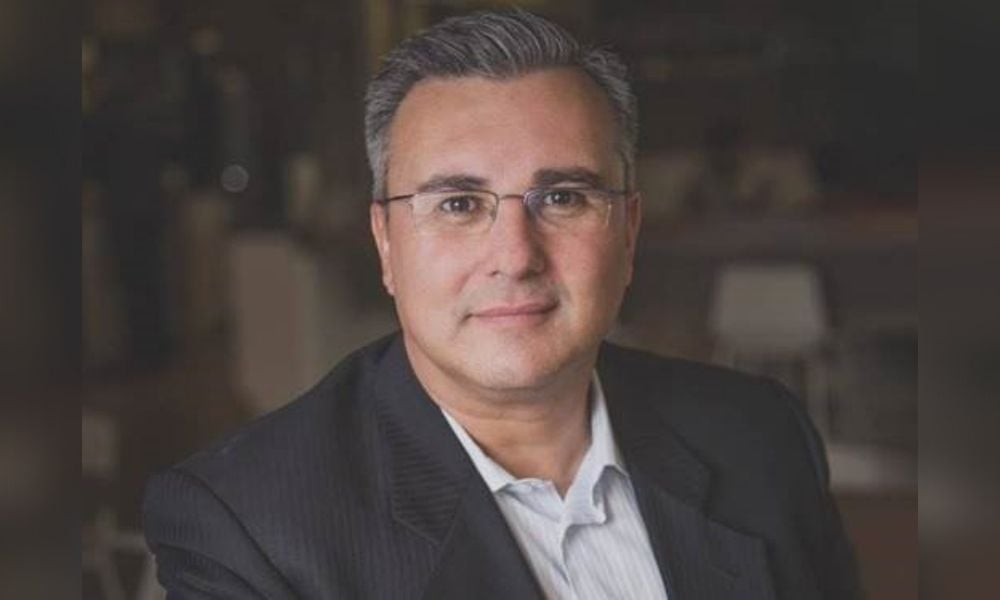Investors on 'high alert' as study shows more people sought professional financial advice in 2021

Retirement planning continues to be the top priority for Canadians, according to Investment Planning Council (IPC) Inc.’s most recent survey, which also showed that retirement planning activities increased last year with more people seeking financial advice.
“What we’re finding is retirement is certainly, right now, more important than ever before,” Sam Febbraro, IPC’s Executive Vice-President told Wealth Professional.
“I think the pandemic has made most people evaluate their priorities. It’s placed us on higher alert, so I think people are a little more focused on health and longevity risk.
“But, we also have an aging population, so we’re seeing a transition from accumulation of assets to thinking about decumulation of assets and retirement income because almost all of the baby boomers will become senior citizens in this decade.”
While Febbraro said this generation may be redefining retirement as it works part-time, consults, or travels, some people are retiring because they don’t want to work from home or have decided life is too short, while others may have been forced into it because of industries leveraging technology or struggling in the pandemic. Equity markets and real estate values have also risen in the pandemic, causing changes in their net worth.
The ERG National Study Investors 2021, which Environics conducted for IPC in the last half of August, sampled 1,001 English and French-speaking Canadians who make financial decisions.
It showed that 80% thought they’d saved enough, and could access funds as they needed them. Despite a high level of confidence, 70% were worried about covering their personal expenses for the next ten to fifteen years, given health issues, inflation, and market fluctuations. Another 29% felt more pessimistic and were abandoning their life-long goals. That was up from 20% in 2020.
Almost half wanted to semi-retire before 65, but continue to gain income without drawing on their retirement savings. 40% expected to work until they couldn’t anymore.
“The other item that we found was that 91% of Canadians want an advisor that understands them and their business and personal situation,” said Febbraro. Retirement is also the main topic of concern when they seek advice, and only one-third feel completely prepared for it.
He noted advisors could help those people look at their options, such as downsizing, and update their financial plans.
“A financial advisor acts as a very good objective sounding board,” said Febbraro, noting that an advisors can also help this group prepare for how it wants to leave its inheritance.
The study showed that leaving an inheritance for loved ones was important to two-thirds of the investors, but leaving a legacy behind was only important to one-third. The cost of living, home ownership, and lack of financial knowledge were among the top perceived challenges for successful inheritance management. Those with $100,000 to $250,000 were more likely to think about insurance for their heirs’ investment strategies, while those with more than $250,000 in assets were more likely to use RRSPs, personal savings, and stocks as income.
“With all the virtual platforms and technology now, we can actually help a family conduct its intergenerational planning,” said Febbraro. “You may have the parents as clients and the adult children being the ones who are impacted. So, this provides an opportunity to deal with the entire family and really look at these issues together.”



